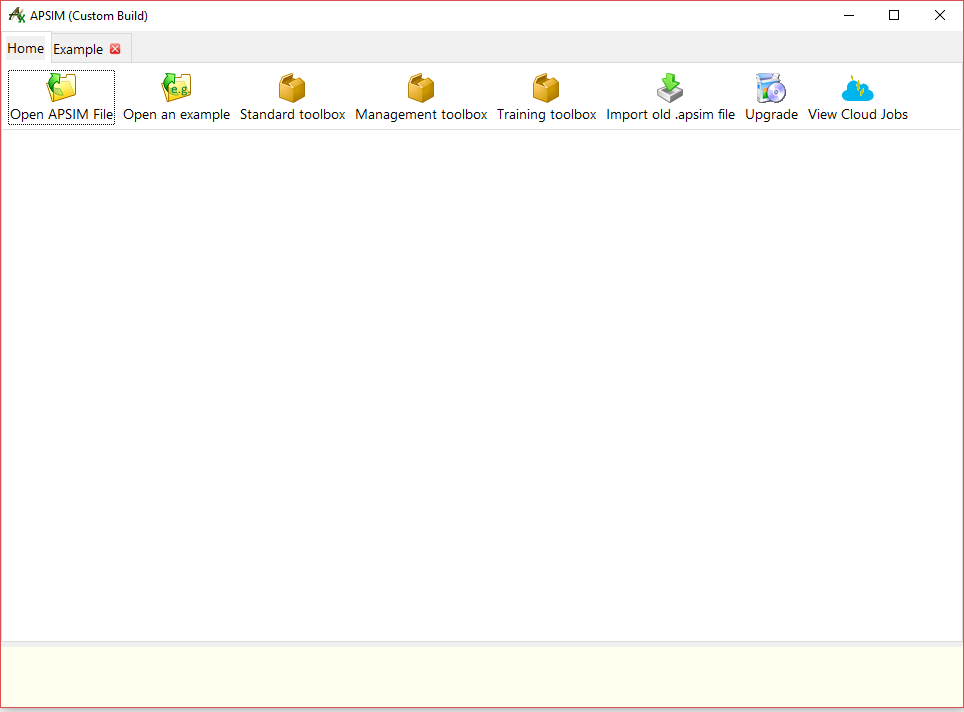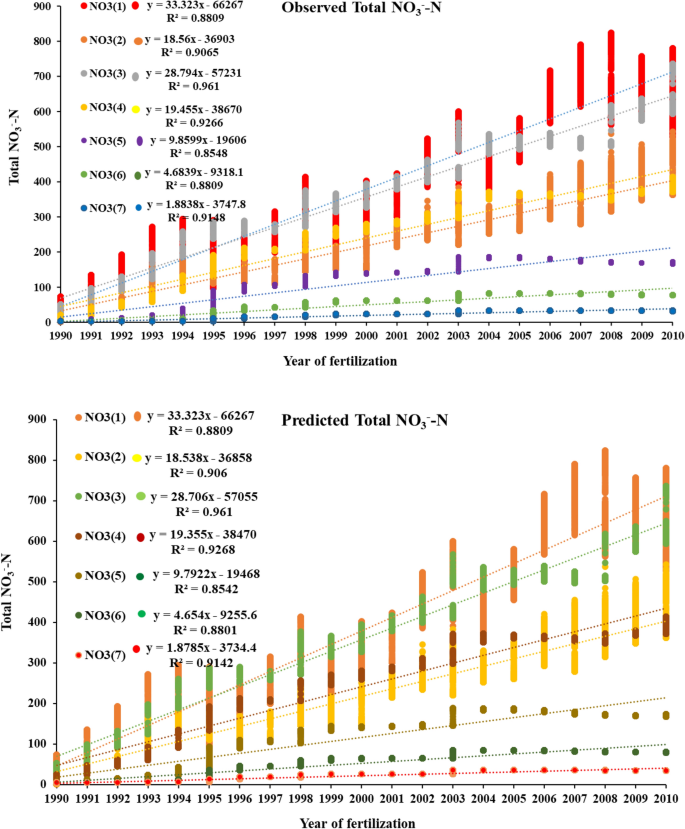

Apsim x full#
Simple models seem to be more vulnerable to incomplete parameterization, but they better respond to full parameterization. It was concluded that full parameterization is indispensable for improving the accuracy of crop model predictions regardless whether they are simple or detailed. Full parameterization greatly improved the performance of both crop models, but it was more effective for the simple model, so that SSM-iCrop was equally well or even better compared to APSIM. With ParLevel_1, both models failed to provide accurate estimation of LAI, dry mass accumulation, nitrogen uptake and grain yield, but the performance of APSIM was generally better than SSM-iCrop.
Apsim x plus#
Full parameterization (ParLevel_2) was then conducted by estimating parameters related to phenology plus those affecting dry mass production and partitioning, nitrogen uptake, and grain yield formation. Partial parameterization (ParLevel_1) was first performed by estimating only those parameters related to crop phenology.

Model initialisation was identical for both models based on field measurements.

One simple (SSM-iCrop) and one detailed (APSIM) maize ( Zea mays L.) model were partially or fully parameterized using observed data from a 2-year field experiment conducted in 20 at the UFT (Universitäts- und Forschungszentrum Tulln, BOKU) in Austria. estimating the values of model input parameters, which is carried out very differently by crop modellers. One source of uncertainty in crop model predictions is model parameterization, i.e. Process-based crop growth models have become indispensable tools for investigating the effects of genetic, management, and environmental factors on crop productivity.


 0 kommentar(er)
0 kommentar(er)
